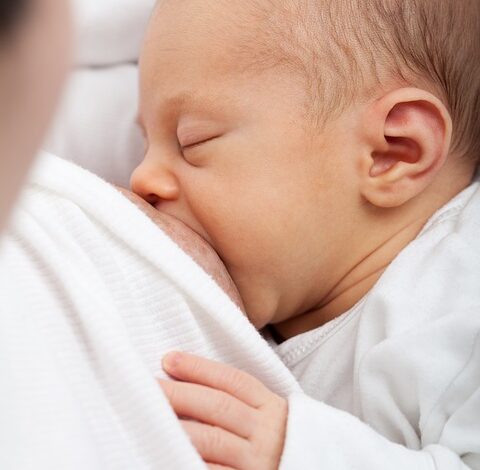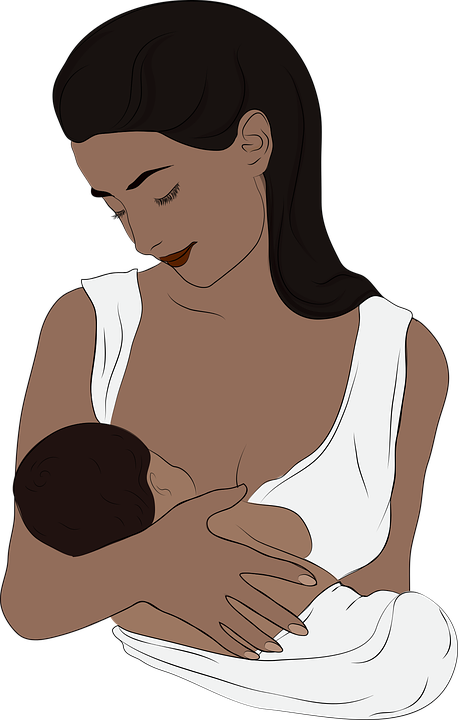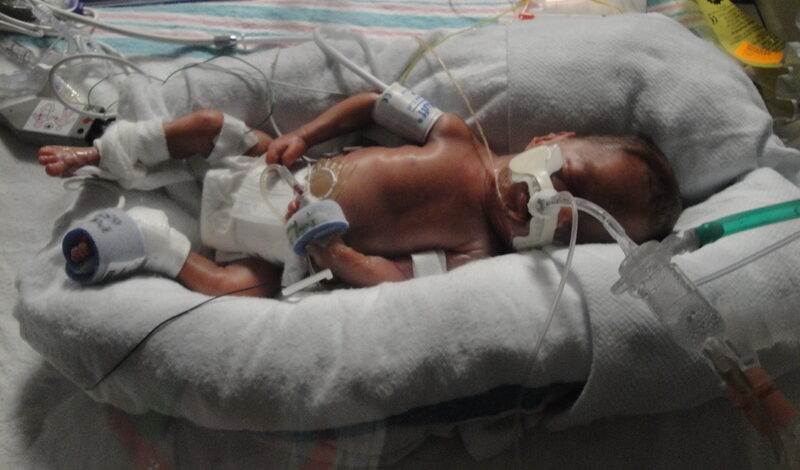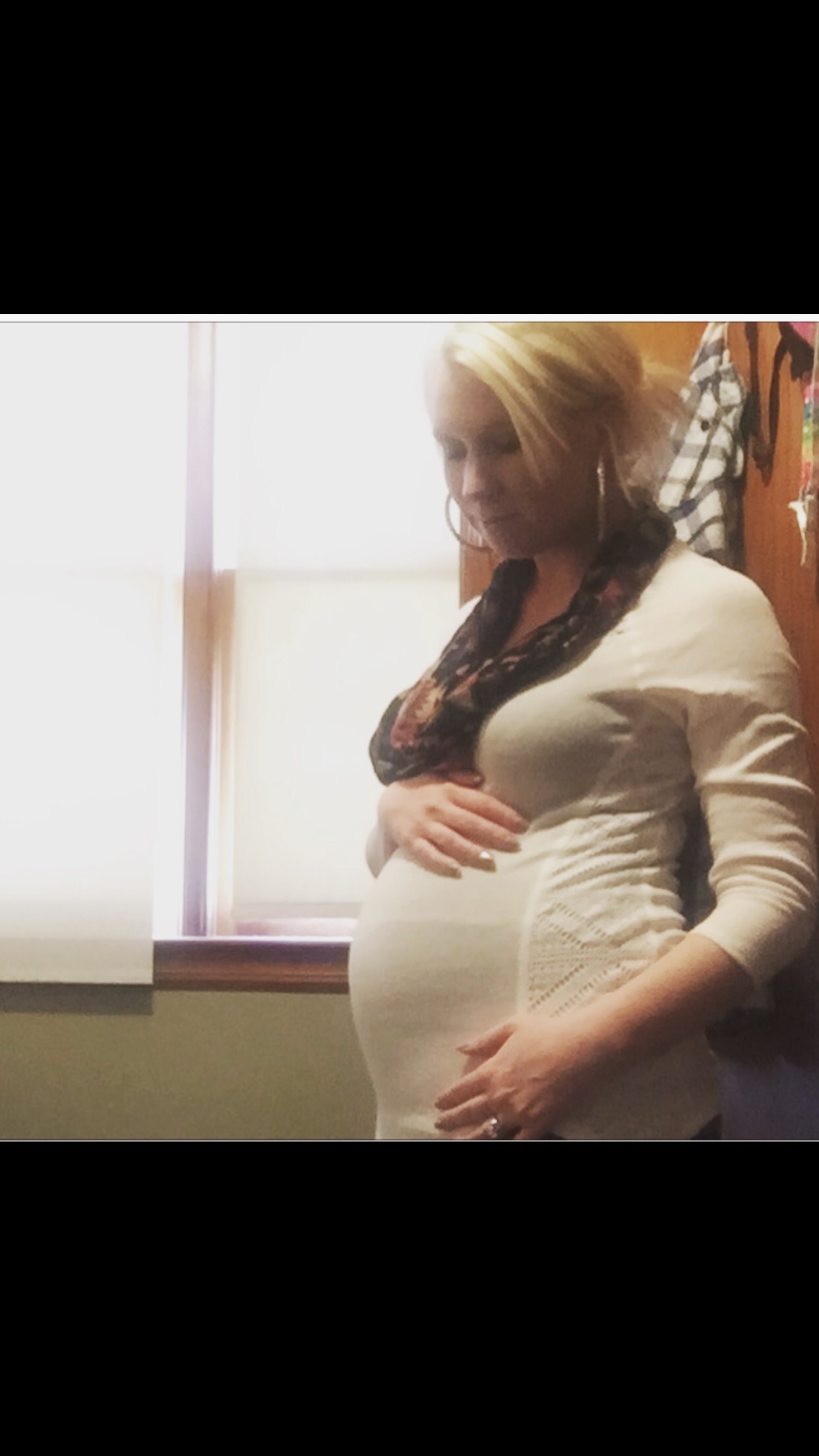Betty Neuman’s theory will work well with visiting post-partum moms in their homes after they have had their babies. One of the things that I have seen while working in labor and delivery, is that the mothers come in with preconceived ideas on what breastfeeding is or is not, based on what their mothers and grandmothers know. The family will say that back in the day, there was not any teaching on breastfeeding, you just did it. This can cause stress with the newly delivered mother and the family. However, I most recently read an article and it spoke about a 17-year-old girl that came in with a complicated pregnancy and she delivered early sending her baby to the Neonatal Intensive Care Unit. She was from Mexico but spoke a language called Mixtec. This would make explaining about breastfeeding difficult and frustrating to the family and the nurse (Peterson-Iyer, 2008).
However through Betty Neuman’s model, if the nurse takes out a book that talks about breastfeeding, even if it is not in her language, she can point to the pictures and demonstrate what she needs to do. Initially, this mother will be pumping her milk, since the baby may be too sick to drink at the breast, however, once the discharge is planned, she will need assistance breastfeeding and bonding with the baby. It is through home visiting nurses, that these cases of mothers that are learning and have language barriers can have support for proper breastfeeding.
Betty Neuman believes that nursing should be approached from a holistic standpoint; physical, psychological, mental, social, cultural, developmental, and spiritual well-being. As a person, Neuman’s theory considers the patient as an individual family member, community or society. The environment that the patient lives in can be external or internal. Stressors that Jean Watson speaks of in her theory, produces tension in a person’s life (Alligood, 2013).
References
Alligood, M. (2013). Systems model. In Nursing theorists and their work (8th ed., pp. 281-301). [Vital Source Bookshelf]. Retrieved from https://campus.capella.edu/web/library/home
Peterson-Iyer, K. (2008). A difficult birth: Language and cultural differences. Retrieved from http://www.scu.edu/ethics/practicing/focusareas/medical/culturally-competent-care/difficult-birth.html







